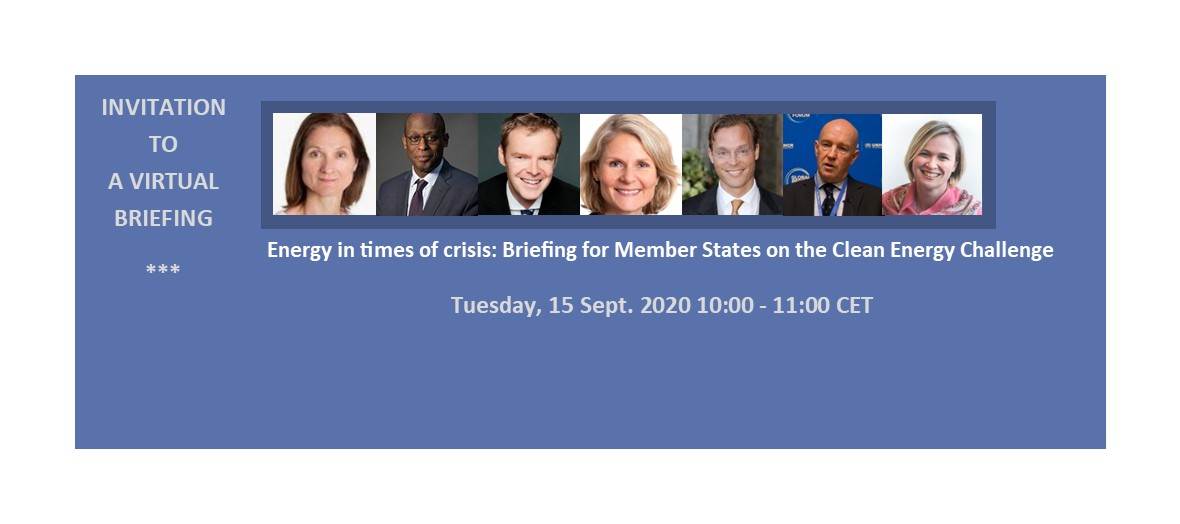How can clean and reliable energy bring short-term and long-term benefits to the displaced and local communities when responding to COVID-19? What can Member States do to support refugees on the ground in the midst of the two interconnected crises of COVID-19 and the longer-term climate crisis? How can clean energy become a formal priority in humanitarian assistance?
These are among the questions that will be addressed during a virtual briefing for Member States, which aims to provide an update on progress made the since the launch of the Clean Energy Challenge by the High Commissioner for Refugees during the 2019 Global Refugee Forum.
Target audience: Member State staff working on humanitarian affairs,
development, climate change and energy in capitals and Permanent Missions.
To partivcipate dial in Link: https://unitar.zoom.us/j/93787118345?pwd=MWM0YllkWHptYldFT2hFanVJMUV4Zz09
Meeting Passcode: 467088
OPENING REMARKS
Ms Marianne Hagen, Deputy Minister, Ministry of Foreign Affairs, Norway
SPEAKERS
Mr Raouf Mazou, UNHCR Assistant High Commissioner for Operations
Mr Thomas Fohgrub, GPA Secretariat Lead
Mr Jaime de Bourbon de Parme, UNHCR Senior Adviser Private Sector Partnerships
Mr Andrew Harper, UNHCR Special Adviser on Climate Action
MODERATED by The New Humanitarian
Ms Sarah Noble, Director of External Relations, TNH
If you have any questions, please contact:
Ms Lena Eskeland, Adviser, Permanent Mission of Norway
Email: lena.eskeland@mfa.no
+41 79 788 0407 (mobile)
